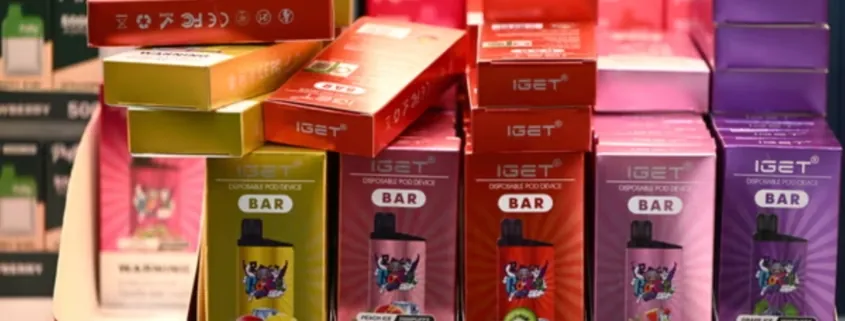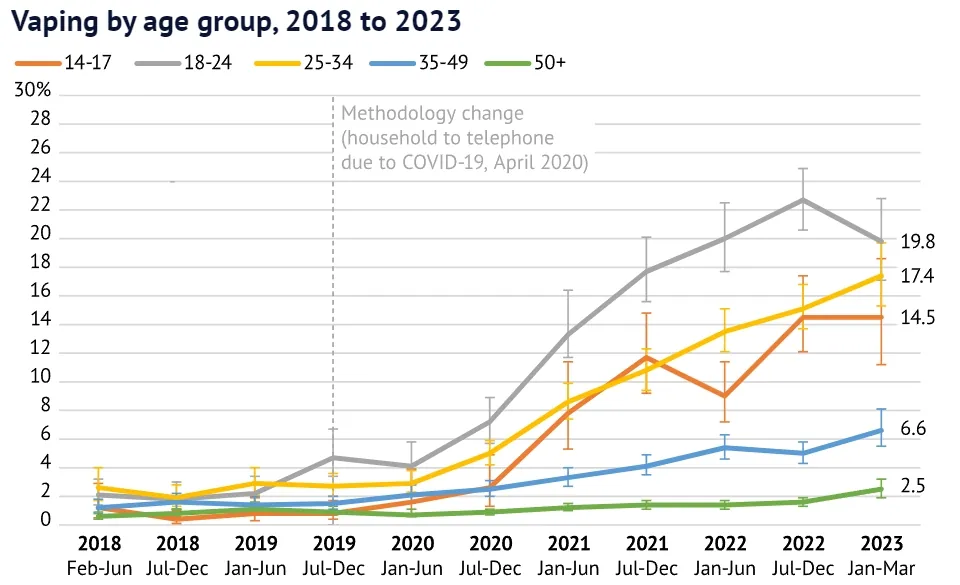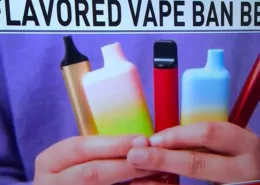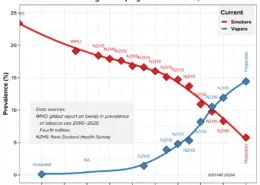Australia to Ban All Disposable Vape Imports Starting January 2024
Importing disposable vapes faces blanket prohibition in Australia beginning January 1st, 2024. The federal policy forms part of extensive vaping reforms reclassifying nicotine vaporizers as smoking cessation tools available exclusively through medical channels rather than unregulated consumer products.
Health Minister Mark Butler cites shielding youth from nicotine addiction as motivation. By closing import loopholes around single-use devices, lawmakers aim curbing adolescent usage exceeding 20% per recent surveys.
In conjunction, new allowances take effect enabling doctors and nurse practitioners prescribing approved vapes filled via pharmacies. Personal overseas ordering and domestic manufacturing face pending bans as well under the mounting crackdown.
Medical-Only Access for Reduced Youth Appeal
Butler argues tobacco companies originally marketed vaping devices as smoking cessation aids. But absent proper control, a largely unrestricted recreational vape culture emerged instead increasingly targeting minors.
Lawmakers worry the current combination of kid-friendly flavors, marketing strategies and unregulated manufacturing create gateways towards smoking addiction rather than diversion away from cigarettes. Thus the sweeping policy pivots repositioning vaping as a strictly medical intervention for weaning lifelong smokers alone.
From January 2024, all imports of disposable vapor products contain nicotine require approvals from federal health agencies. All unauthorized shipments risk seizure and penalties assessed against shippers.
Doctors Can Prescribe Approved Products
With disposables banned and imports tightly limited to approved therapeutic variants, the only remaining legal channel involves medical practitioners.
Starting January 2024, doctors and nurse practitioners gain authorization prescribing vaping products deemed smoking cessation aids. Instead of directly importing or purchasing through retailers, patients must then fill prescriptions via traditional pharmaceutical channels given nicotine’s reclassification as a prescription substance rather than commercial consumable.
Advertising and Domestic Production Also Prohibited
Seeking fully restricting youth access, the reforms additionally introduce pending legislation prohibiting:
- Domestic manufacturing of all non-medically certified vapes containing nicotine
- Advertising and marketing around unauthorized nicotine vaping devices
- Commercial sale or possession of disposable or restricted vape products outside medical contexts
These supplementary constraints intend cutting off remaining vectors towards underage usage, while funneling adults seeking smoking cessation tools into supervised medical vetting.
Vaping Advocates Decry Emerging “Black Market Epidemic”
Australian vaping advocates fiercely condemn the progressively harsh restrictions as excessive and counterproductive. One industry spokesperson warned evolving policies directly spur a rapidly growing black market as consumers turn accessing banned variants smuggled by unverified foreign manufacturers.
Citing rampant mislabeled nicotine concentrations in illegally imported products already flooding domestic channels, critics argue further constraints only magnify hazardous effects. They claim removing regulated legal options leaves users desperate for alternatives amidst an “epidemic” of contraband untested and unvetted by any health authority.
Global Contexts Around Vaping Regulations
Most countries chart regulatory frameworks between the extremes of no policies whatsoever versus outright bans outside medical use. Even regions initially permitting broad commercial sales like the United Kingdom later implemented stricter manufacturing and marketing standards after issues emerged around youth access and dangerous black market alternatives filling voids.
Australia’s sweeping focus on prohibiting many aspects of recreational nicotine vaping altogether deviates sharply from North American and European models seeking balanced legislation. But lawmakers insist resolving addiction risks facing adolescents outweigh arguments around potential safeness benefits for existing adult smokers navigating cessation options.
With sweeping new vaping laws now signed and awaiting implementation in 2023-2024, impacts around usage rates and emergence of unauthorized markets remains unfolding amidst fiercely polarized debate between policymakers, health advocates and vaping industry groups.
Source: BBC
- Is It Illegal to Vape or Smoke While Driving in Minnesota? - August 15, 2025
- American Airlines Vaping Passenger Alleges Assault in Police Report - August 15, 2025
- NEXA PIX 35K Disposable Vape with Crystal Tank Review - August 15, 2025










